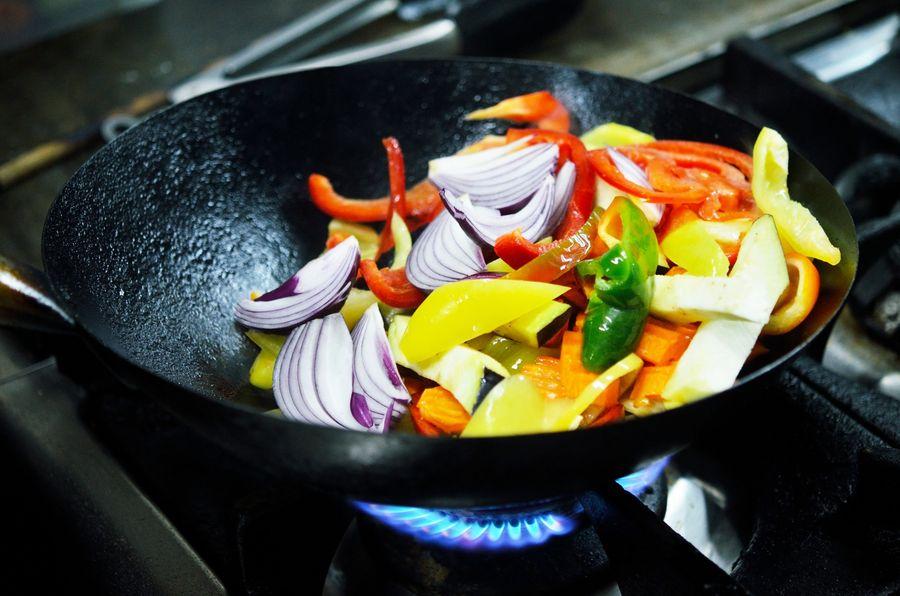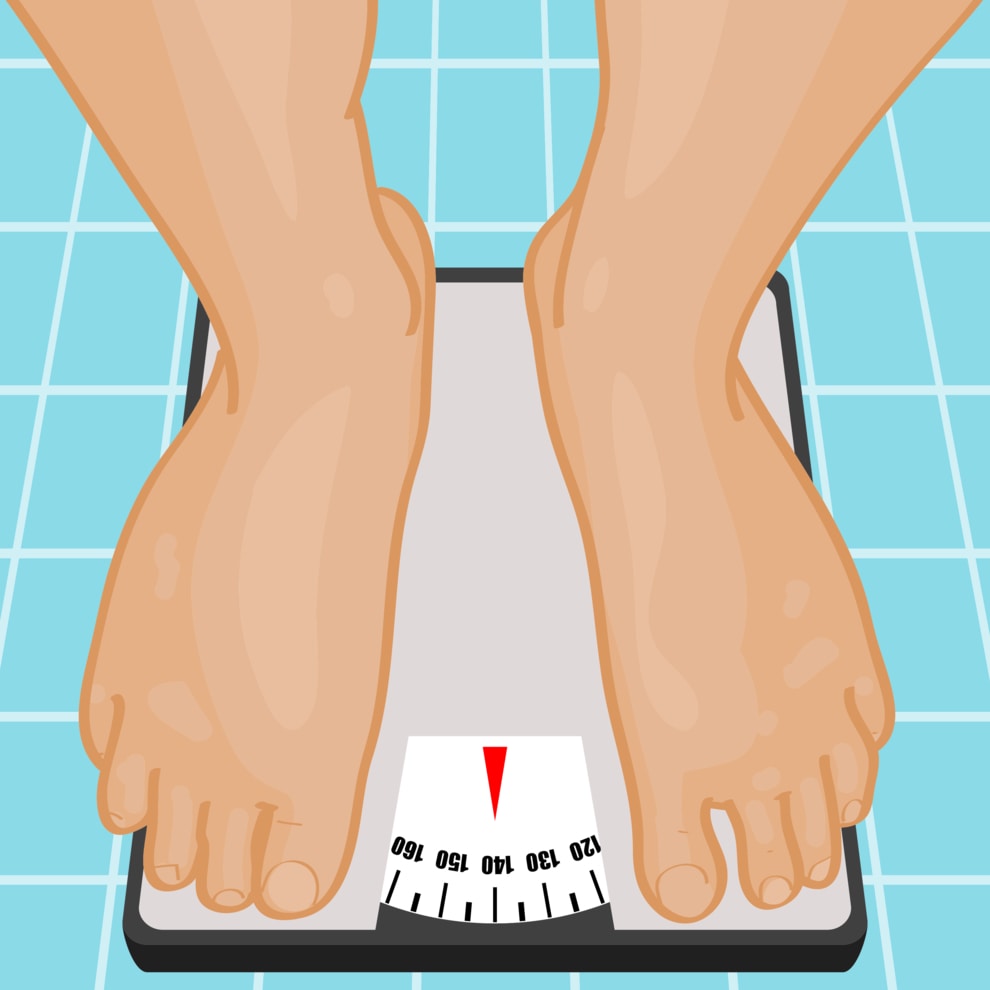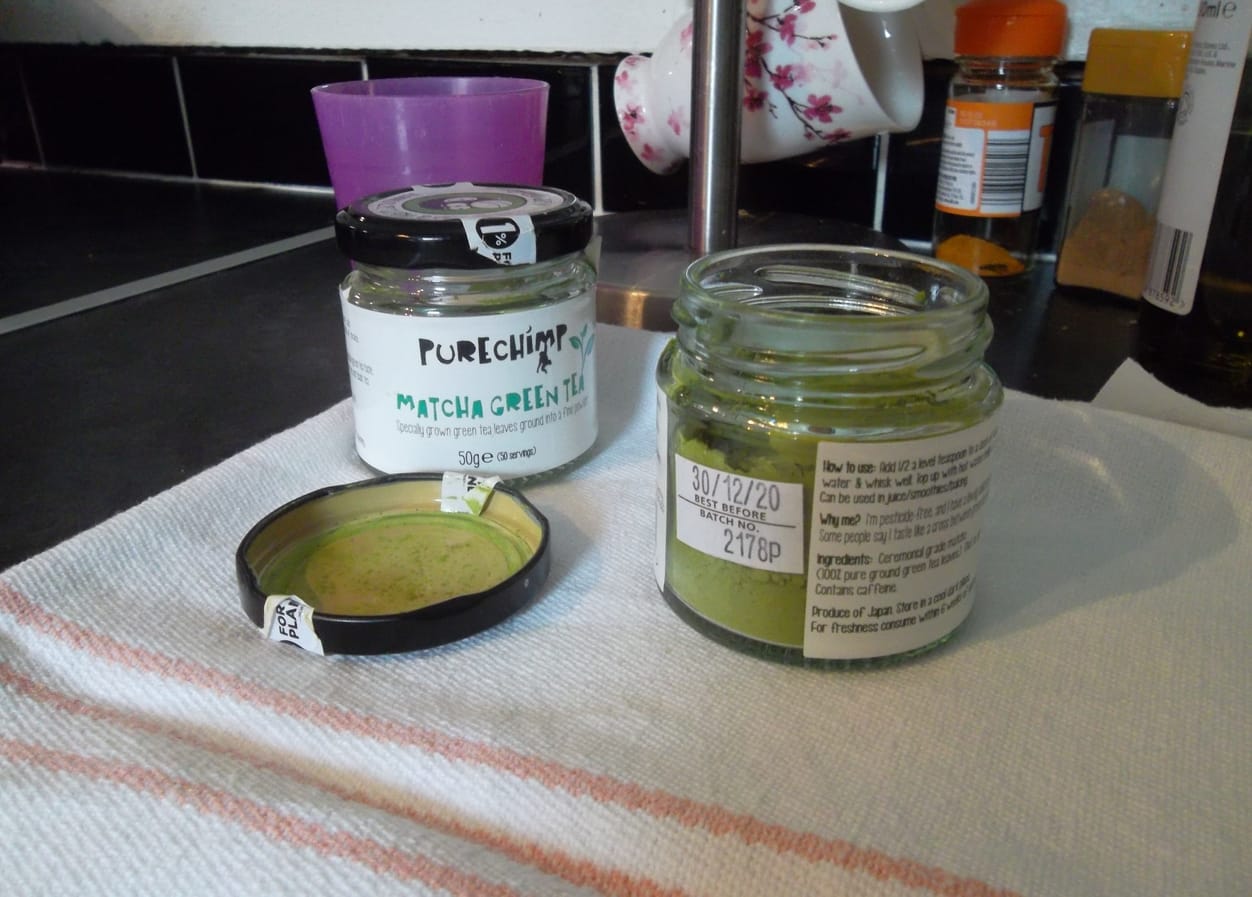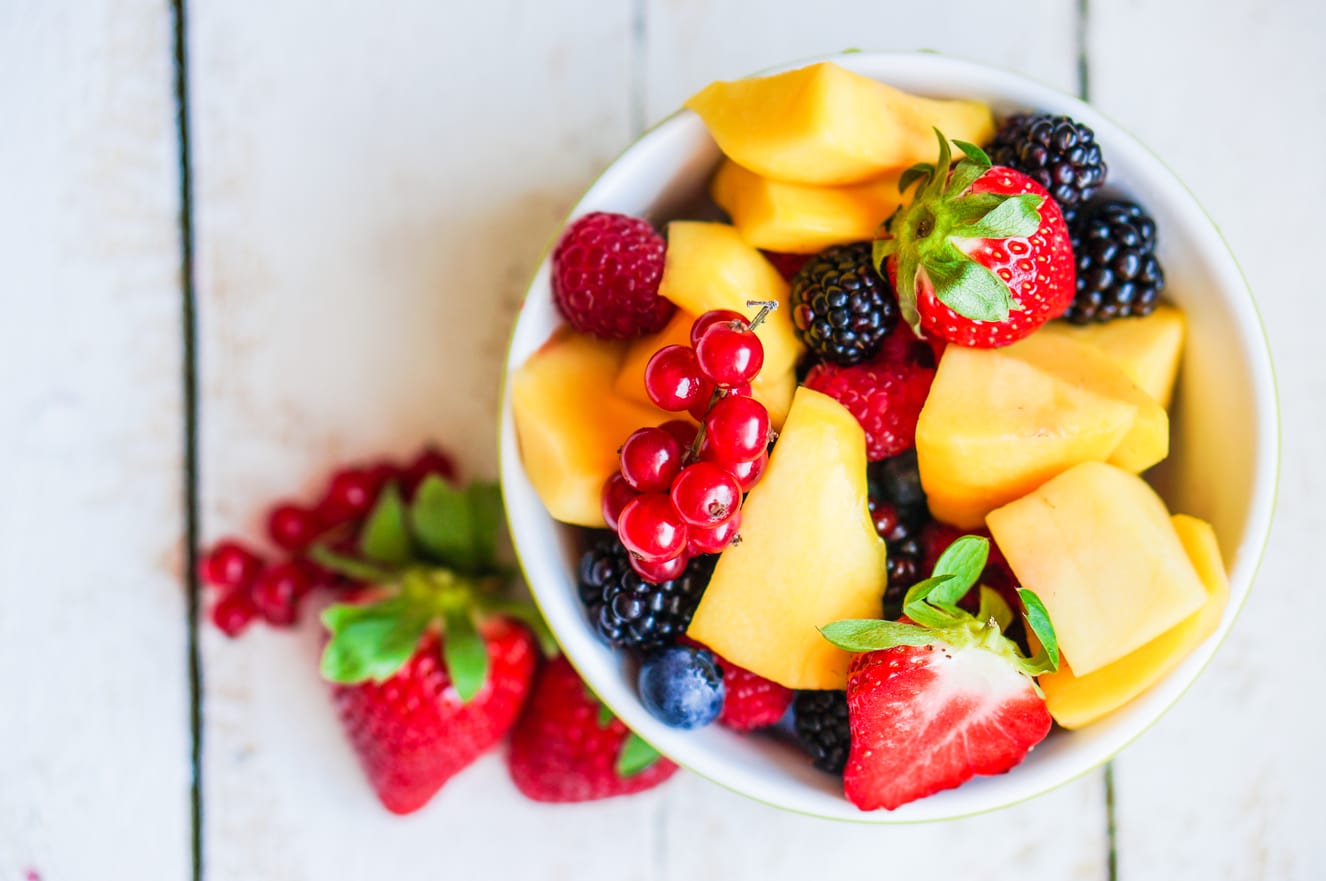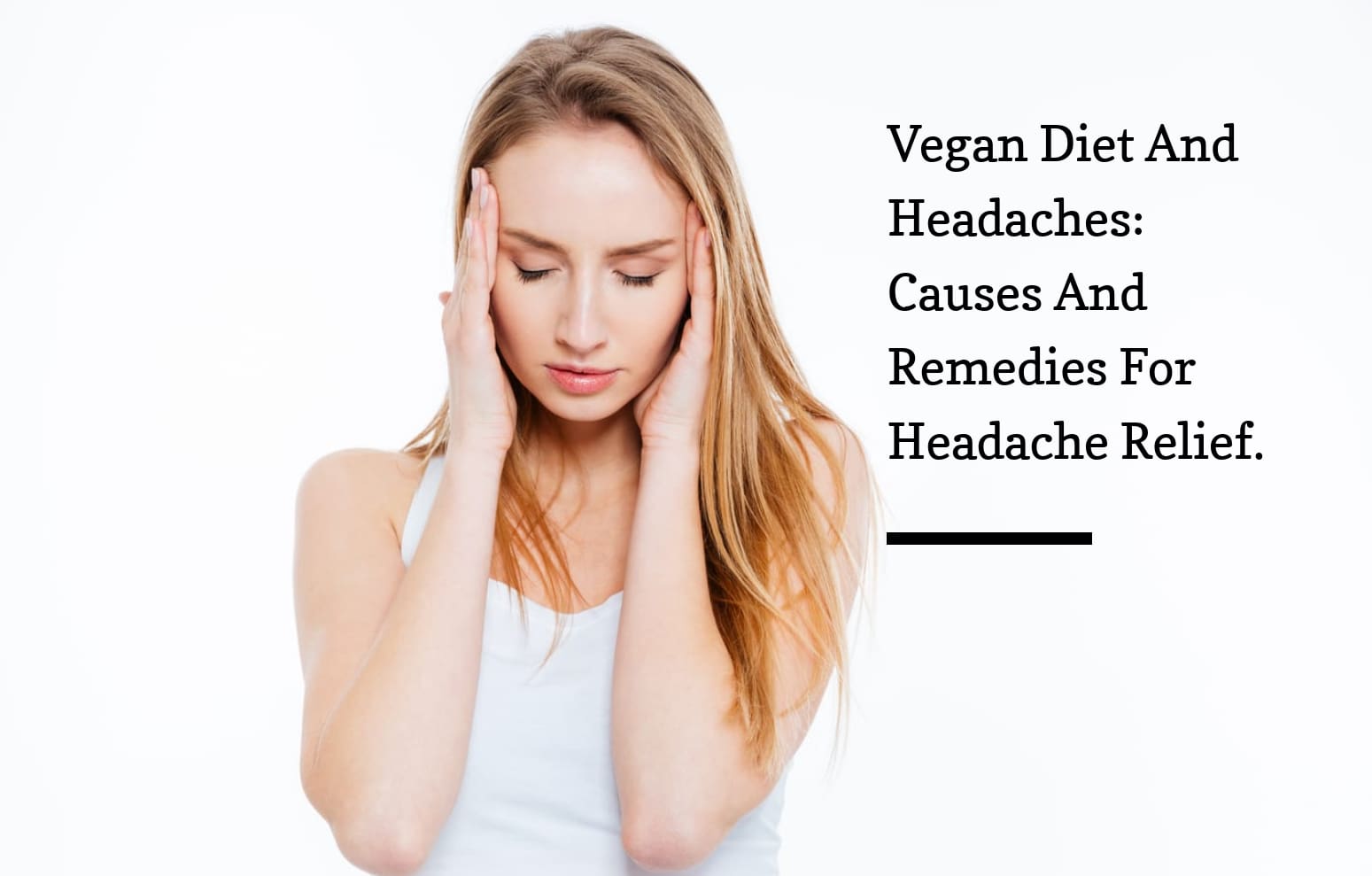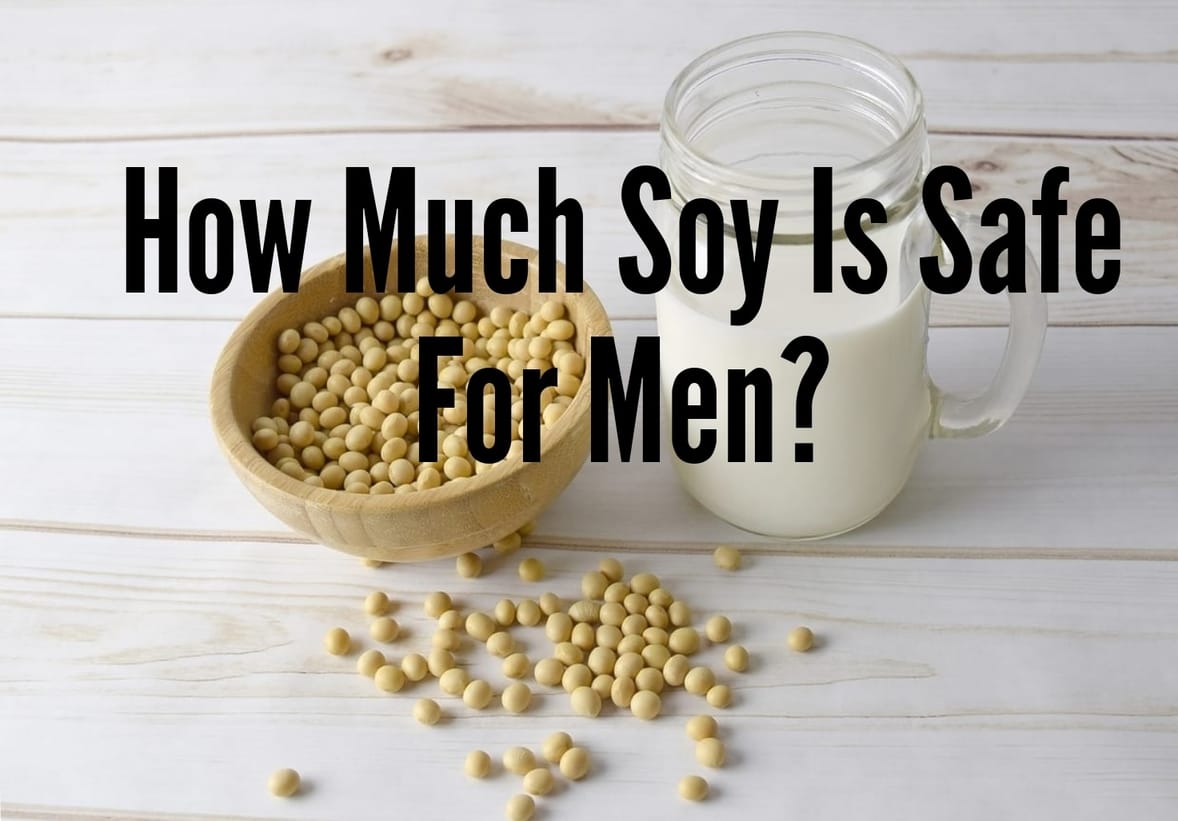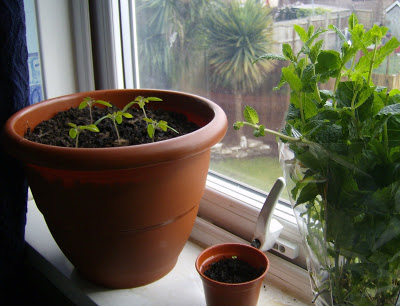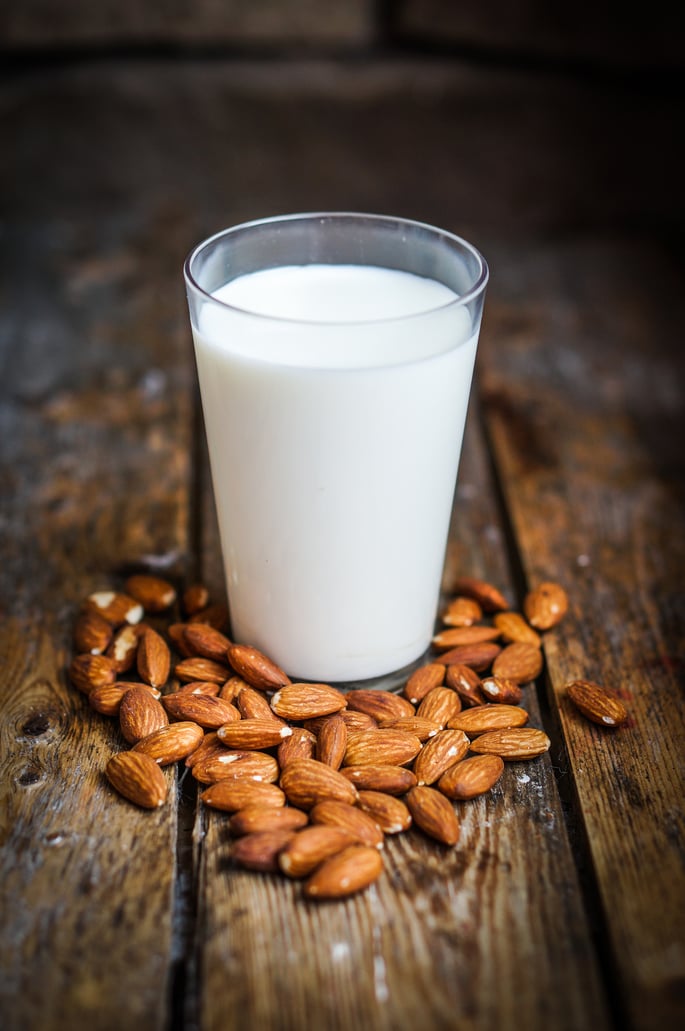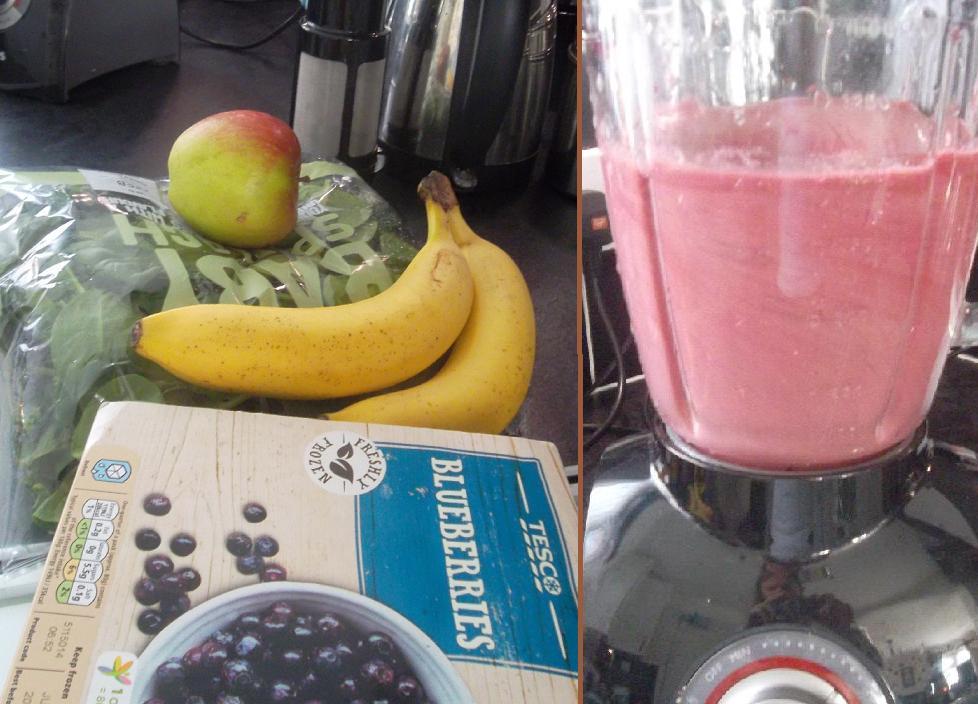Disclosure: This article may contain affiliate links. If you decide to make a purchase, I may make a small commission at no extra cost to you.
Carrageenan is an ingredient used in so many different foods, supplements, and other products, but most people probably have never even heard of it. Chances are that your food and supplements contain carrageenan because it’s one of the best alternatives to gelatin for both vegetarians and vegans.
Unfortunately, as good as it is for replacing gelatin, some people feel that the ingredient causes them health problems and try their best to avoid it.
While there is still much research to be done to draw any definite conclusions about whether or not the ingredient is safe for humans, there is evidence that it has some benefits and harmful effects.
Current estimates of carrageenan intake in humans range from 20 mg to several grams per day.
In this article, I will discuss some of the potential benefits and dangers of carrageenan.
What is carrageenan
Carrageenan is derived from red edible seaweeds and used widely in the food industry as a thickening, gelling, and stabilizing agent. However, it’s also used in supplements, pharmaceuticals, hair care products, toothpaste, foams, and many other products.
Although carrageenans have been introduced on a larger scale in the last century or so, they’ve actually been used in China since 600 B.C.
There are three classes of carrageenan which have different molecular structures making them suitable for different products.
- Kappa (strong rigid gels)
- Iota (soft elastic gels)
- Lambda (thickening polymer)
In the United States, the ingredient can be identified simply as “carrageenan” whether or not it’s refined or semi-refined. If you’re in the European Union, look for E numbers E-407 and E-407a [1].
Which foods and supplements contain it?
I can’t simply name every single food and supplement which contains carrageenan here, but there are a few products that you should be careful of.
- Milk substitutes: soy milk, soy yogurts, almond milk, coconut milk, almond milk, baby formula.
- Vegan supplements: omega 3, vitamin D, chewable multivitamins, protein powders.
- Vegan snacks: nutrition bars, protein bars, confectionaries.
- Prepared foods: soups, vegan desserts, vegetable stocks & broths.
If you’re having trouble finding carrageenan-free milk products, check out my article on vegan milk substitutes. From there you will find links directing you to the relevant pages for whatever type of non-diary milk you’re after.
If you’re looking for a good omega 3 supplements that don’t contain carrageenan, you can find a good selection here.
What are the benefits?
Carrageenan is mostly fiber and due to its high molecular weight, it cannot be absorbed by the body. But although it contains no nutritional value, there are some potential benefits from using it in food products and supplements, despite the controversy around the ingredient.
How it improves food and supplement products
- It helps bind the ingredients together, improving texture, consistency, and taste.
- It helps preserve the ingredients so that they have a longer shelf life.
- It’s completely vegan-friendly and helps create a similar alternative to non-vegan foods.
How it can improve your health by lowering the risk of disease
Carrageenan has been studied in humans for its potential health properties in
May improve cholesterol and improve cardiovascular disease risk
Studies have shown that carrageenan may improve cholesterol profiles of those consuming the ingredient for several weeks. In one study, subjects saw an increase in good cholesterol (HDL), (1.65 vs 1.25 mmol/L) and lower triglycerides (0.87 vs 1.28 mmol/L) while they consumed the ingredient [2].
In another study where researchers looked at the effect of a carrageenan food supplement in patients with cardiovascular disease, there were several significant improvements in biomarkers which could indicate that carrageenan is beneficial [3].
The main findings of the study include:
- Reduction of leukocytes (15.9%)
- Reduction of fibrinogen (8.63%)
- Reduction of C-reactive protein (13.03%)
- Reduced total cholesterol levels (16.5%)
- Reduced LDL (33.5%)
- The atherosclerotic index decreased (36.6%)
Acts as a prebiotic to help good bacteria flourish in the gut
Keeping our intestinal microbiota in good order is extremely important for our health. To encourage the growth of good bacteria, we can eat ‘prebiotic’ foods such as carrageenan, which will help keep the bad bacteria in check and improve the healthy bacterial colonies.
A review looking at the in vivo and in vitro effects of carrageenan on bacterial growth has found that it could be a good prebiotic in humans, but so there needs to be more research done because carrageenan has also been linked with inflammation in the gut in some people [4].
Other research suggests that carrageenan might be helpful in protecting intestinal cells against damage from stressors and improve cell viability when in contact with toxic agents [5].
What are the dangers?
Carrageenan, for all its positives as an alternative food additive to improve vegan foods, it does have some downsides.
Yet, despite the downsides that I’ll go into in just a minute, the FDA and other agencies have refused to ban the ingredient because there is not enough evidence that it’s a significant health risk [6].
Carrageenan could worsen ulcerative colitis and inflammatory bowel disease
Ulcerative colitis
If anyone should avoid carrageenan, it is people who already have bowel issues. Carrageenan, when studied in animals and humans, appears to cause inflammation and worsen symptoms of colitis.
In a randomized, double-blind, placebo-controlled, multi-center, clinical trial, ulcerative colitis patients were assessed to see if a diet that was free from carrageenan had any effect on their disease.
All of the subjects in the study had to eat a diet that did not contain any carrageenan, and then they were randomized into two separate groups where one took a capsule containing carrageenan and the other did not.
During the study, inflammatory markers were monitored as well as whether or not the subjects had a relapse.
It was found that three patients who had been given 200 mg carrageenan capsules had experienced a relapse while none of the placebo groups who took the tablets had one.
When the researchers measured IL-6 and fecal calprotectin (markers of inflammation), they found that these had increased in the carrageenan group only [7].
Crohn’s disease (IBD)
Carrageenan has consistently been found to have negative effects on animals when they are given it in their diet.
In guinea pigs, 100% of the animals that are given carrageenan develop ulcerations in their large intestine which closely resembles the lesions found in humans with ulcerative colitis.
Carrageenan appears to degrade the protective mucus layer of the intestinal wall, leading to activation of immune cells, the release of proinflammatory cytokines, and increased inflammation [8].
Should vegans eat carrageenan?
Vegans can eat carrageenan and not experience any negative side effects. However, people who experience digestive problems should probably try to keep their diet free of carrageenan.
Fortunately, there are now many companies that recognize the potential dangers of carrageenan in some groups of people and offer foods and supplements that use safer alternatives.
If you’re one of those that have not experienced any problems, you may continue to eat carrageenan as it is still considered safe for most people by the FDA.
I recommend also watching Dr. Greger’s video on whether or not carrageenan is safe.
